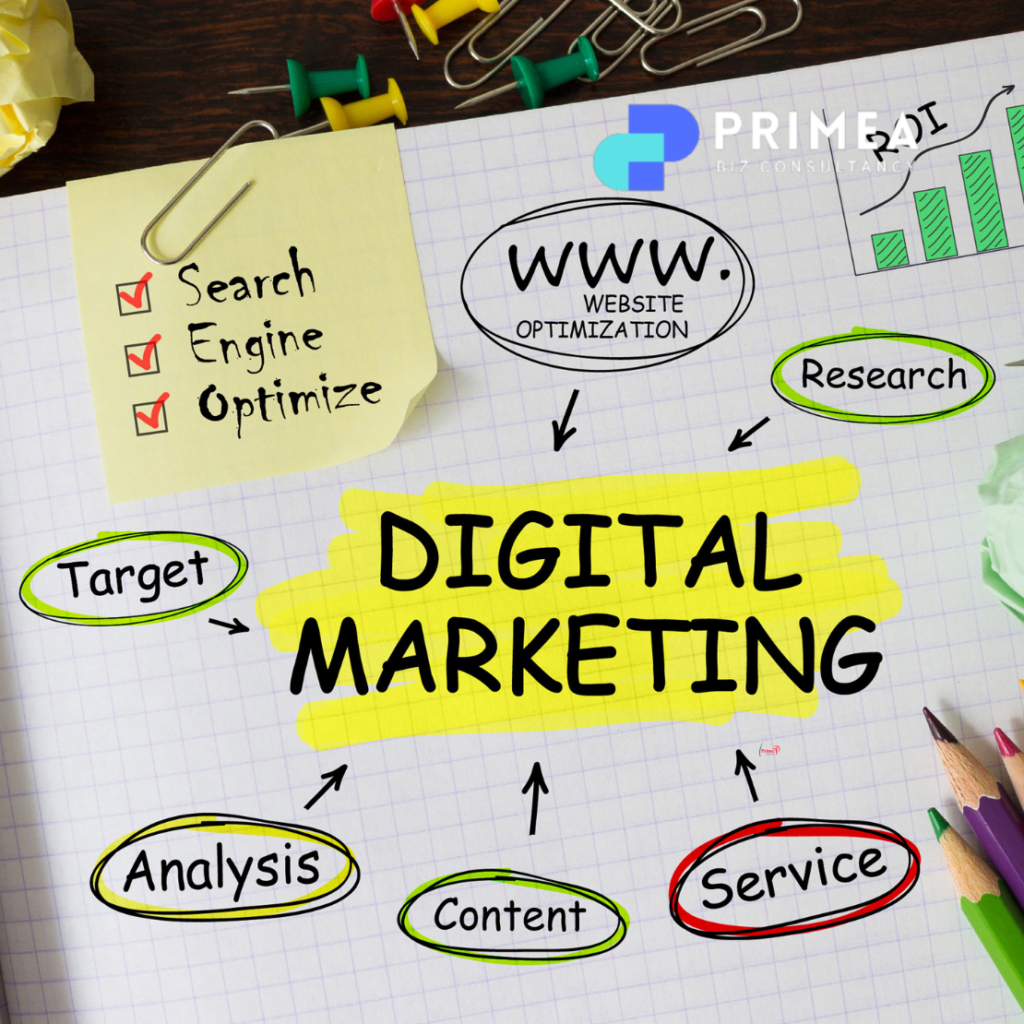The Impact of User Experience on Social Media Marketing Services
3. Seamless Navigation and Accessibility
User experience also extends to how easy it is for users to find information and navigate a brand’s social media presence. Clear calls-to-action (CTAs), organized menus, and intuitive navigation are essential. Users should be able to access the information they are looking for with minimal effort.
Moreover, social media profiles should be accessible to all users, including those with disabilities. Businesses should implement features such as alt text for images and subtitles for videos to make their content more inclusive. This not only improves the user experience but also broadens the potential audience reach of social media marketing services.
4. Personalization and Engagement
A key element of successful social media marketing services is personalizing the user experience. Today’s consumers expect content that is tailored to their interests and preferences. Social media platforms offer various tools to personalize the experience for users, such as targeted ads, recommendations, and personalized messages.
Businesses that utilize data analytics to better understand their audience can provide more relevant and engaging content. Personalization leads to higher engagement, improved customer satisfaction, and stronger brand loyalty. It is crucial for businesses to work with social media marketing services providers who can leverage these tools effectively.
5. Consistent Branding
Consistency in branding across all social media platforms is vital to ensuring a positive user experience. Users should feel a sense of familiarity and trust when they interact with a brand’s social media accounts. This means maintaining a consistent tone, style, color scheme, and messaging across all channels.
A cohesive brand presence not only enhances the user experience but also builds credibility. Users are more likely to engage with a brand they recognize and trust. Therefore, businesses should ensure that their social media marketing services are aligned with their overall brand identity.
The Long-Term Benefits of Prioritizing UX in Social Media Marketing
By focusing on user experience in social media marketing services, businesses can achieve several long-term benefits:
Increased Engagement: A positive user experience encourages users to spend more time on a brand’s social media platforms, leading to higher engagement rates, including likes, shares, and comments.
Higher Conversion Rates: A seamless and enjoyable user experience can lead to higher conversion rates, whether it’s driving traffic to a website, making a purchase, or signing up for a newsletter.
Improved Brand Loyalty: Users who have a positive experience with a brand on social media are more likely to develop a sense of loyalty, leading to repeat interactions and increased customer retention.
Enhanced Reputation: A brand that prioritizes user experience across its social media channels is likely to be viewed more positively by users. This enhances the brand’s reputation and can lead to positive word-of-mouth referrals.

3. Seamless Navigation and Accessibility
User experience also extends to how easy it is for users to find information and navigate a brand’s social media presence. Clear calls-to-action (CTAs), organized menus, and intuitive navigation are essential. Users should be able to access the information they are looking for with minimal effort.
Moreover, social media profiles should be accessible to all users, including those with disabilities. Businesses should implement features such as alt text for images and subtitles for videos to make their content more inclusive. This not only improves the user experience but also broadens the potential audience reach of social media marketing services.
4. Personalization and Engagement
A key element of successful social media marketing services is personalizing the user experience. Today’s consumers expect content that is tailored to their interests and preferences. Social media platforms offer various tools to personalize the experience for users, such as targeted ads, recommendations, and personalized messages.
Businesses that utilize data analytics to better understand their audience can provide more relevant and engaging content. Personalization leads to higher engagement, improved customer satisfaction, and stronger brand loyalty. It is crucial for businesses to work with social media marketing services providers who can leverage these tools effectively.
5. Consistent Branding
Consistency in branding across all social media platforms is vital to ensuring a positive user experience. Users should feel a sense of familiarity and trust when they interact with a brand’s social media accounts. This means maintaining a consistent tone, style, color scheme, and messaging across all channels.
A cohesive brand presence not only enhances the user experience but also builds credibility. Users are more likely to engage with a brand they recognize and trust. Therefore, businesses should ensure that their social media marketing services are aligned with their overall brand identity.
The Long-Term Benefits of Prioritizing UX in Social Media Marketing
By focusing on user experience in social media marketing services, businesses can achieve several long-term benefits:
Increased Engagement: A positive user experience encourages users to spend more time on a brand’s social media platforms, leading to higher engagement rates, including likes, shares, and comments.
Higher Conversion Rates: A seamless and enjoyable user experience can lead to higher conversion rates, whether it’s driving traffic to a website, making a purchase, or signing up for a newsletter.
Improved Brand Loyalty: Users who have a positive experience with a brand on social media are more likely to develop a sense of loyalty, leading to repeat interactions and increased customer retention.
Enhanced Reputation: A brand that prioritizes user experience across its social media channels is likely to be viewed more positively by users. This enhances the brand’s reputation and can lead to positive word-of-mouth referrals.
Conclusion
In the fast-paced world of social media, creating a positive user experience is essential to the success of any social media marketing services strategy. By focusing on mobile optimization, engaging visuals, seamless navigation, personalization, and consistent branding, businesses can enhance the user experience, drive higher engagement, and build lasting relationships with their audience. Ultimately, investing in user experience leads to improved outcomes in social media marketing and strengthens a brand’s presence in the digital landscape.










